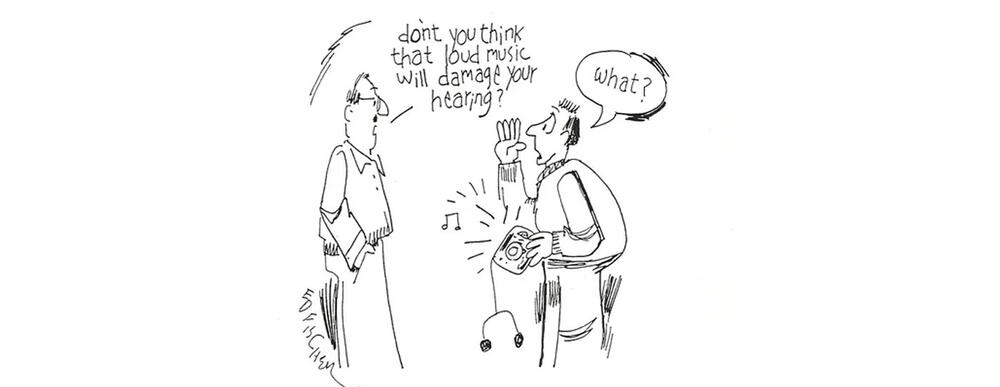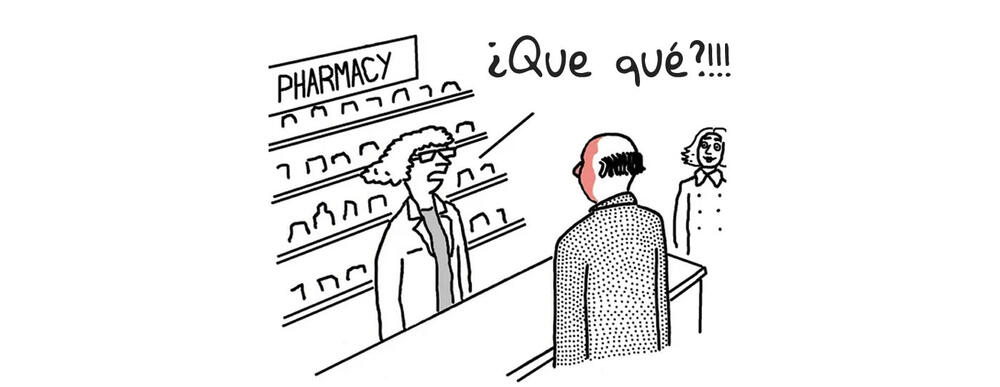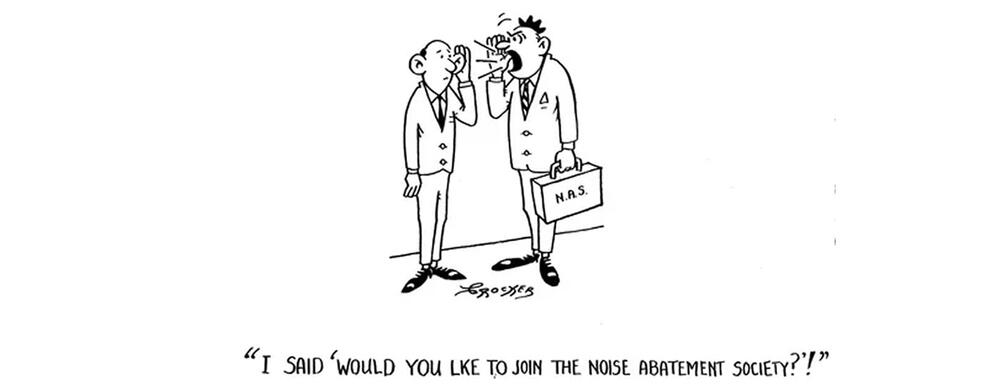Posted on Jan 21, 2023 |
The words Que and Como in Spanish have very similar applications, and you could almost say that they translate as "what" to English. This similarity refers only when a question is asked. But in Spanish, we use them as an abbreviation for a question.
First, let's define the words QUE and COMO according to the RAE (Royal Spanish Academy) for the Spanish language. The literal definition says:
-"QUE", is an invariable pronoun that replaces a name or another pronoun that constitutes its antecedent within the main sentence. It heads subordinate clauses with an explicit or implicit antecedent, and can refer to both people and things. It is written with a tilde when it begins a question mark. You can translate this word to English as : “What / That / Than”
-"COMO", Head sentences without antecedent that express the way or manner in which the action of the verb on which they depend is carried out. Unstressed word that, as such, must be written without an accent, unless it functions as an interrogative or exclamatory adverb. It can function as an adverb, as a conjunction, and as a preposition. You can translate this word to English as : “As / Like / How / What”
We explain the most common meanings and applications when you hear the questions "¿Qué? (what?)" and "¿Cómo?(how?)" in Spanish.
¿Qué? (What?)
You regularly hear or ask questions with this word when something is not "believable" or is very strange. It's shorthand for asking "What did you say?", but not in the context of not having heard something. Very similar is also given in the English language in similar circumstances. However, we do not use the "What?" to indicate that we have not heard something, in English instead, if it is common to use "What?" to express that you have not heard something and ask in this way that they repeat it.
¡ ¿Que Qué? ! (Say What?)
Following the same definition of the previous expression, the "¿Que qué?" expression shows more surprise and gives much more emphasis to the particular topic or moment. However, this expression is sometimes used to ask someone to repeat something you couldn't hear.
¿Cómo? (What?)
You will have noticed that we have translated it into English in the same way as "What?", and it is also literally correct, although it would normally be translated as "How?". “¿Cómo" works just like "What?" as an abbreviation or shortcut to a question. And it is particularly widely used in the Spanish language. Used with different emphases, it represents very common questions such as: What did you say?; Really?; How did you do that?; Explain it to me again. "¿Cómo?" is particularly common to say "What did you say?.
So now you know. The question "¿Cómo?" used as an abbreviation for a longer question is much more used than "¿Qué?". If you are studying Spanish, feel free to put these simple rules into practice.
Latest Posts
-
Easter Week 2025 Schedule Processions Antigua Guatemala
- Mar 02, 2025 -
Ten Beautiful Words in the Spanish Language
- Jul 13, 2024 -
Easter Week 2024 in Antigua Guatemala
- Feb 04, 2024



